Social Research, Policy, and Practice
Advancing Health Equity Among Older Adults Through Community Engaged Research
-
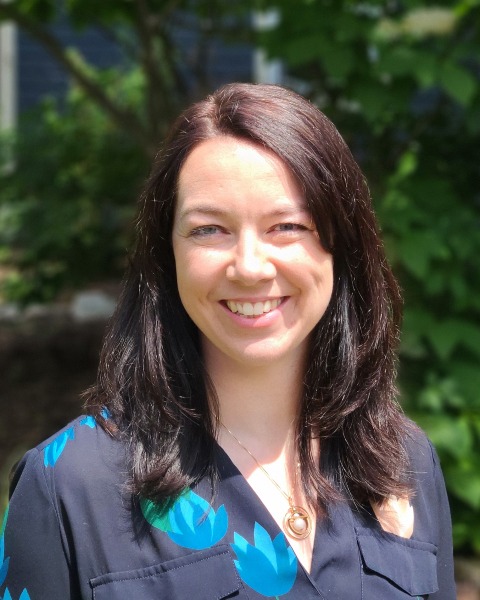
Rachel O'Conor, PhD, MPH (she/her/hers)
Assistant Professor
Medicine
Northwestern University
Chicago, Illinois, United States -
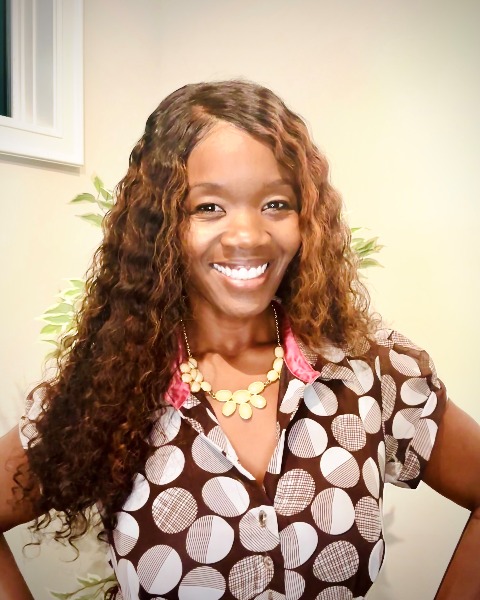
Shakira Grant, MBBS, MSCR (she/her/hers)
Science and Technology Policy Fellow
Medicine
United States Congress
Washington, District of Columbia, United States -
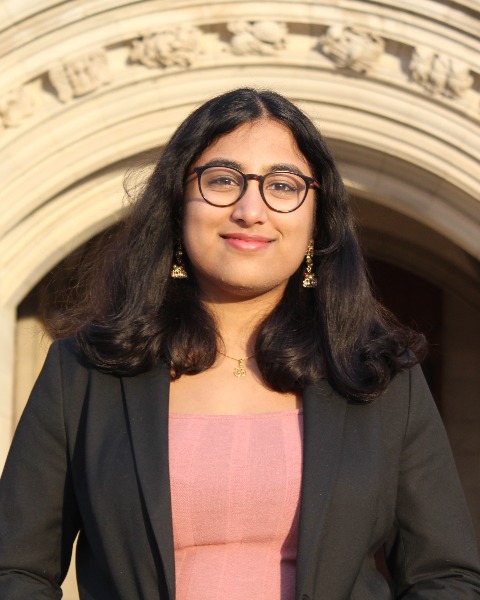
Revika Singh, BA, MD/MPH Candidate (she/her/hers)
Medical Student
Medical Social Sciences
Northwestern University
Chicago, Illinois, United States -
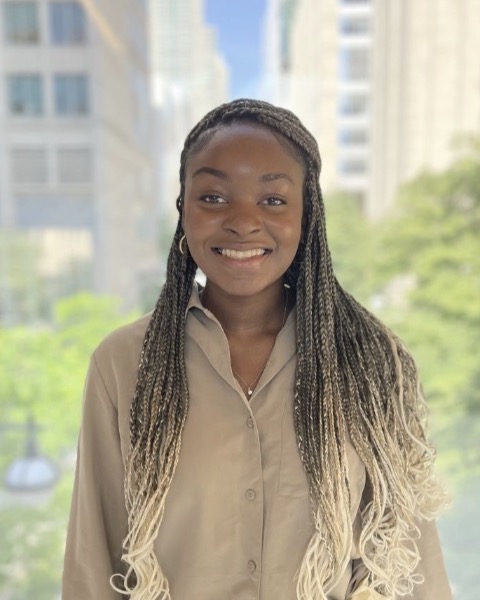
Dianne Oladejo, n/a (she/her/hers)
Research Study Coordinator
General Internal Medicine
Northwestern University
Chicago, Illinois, United States -
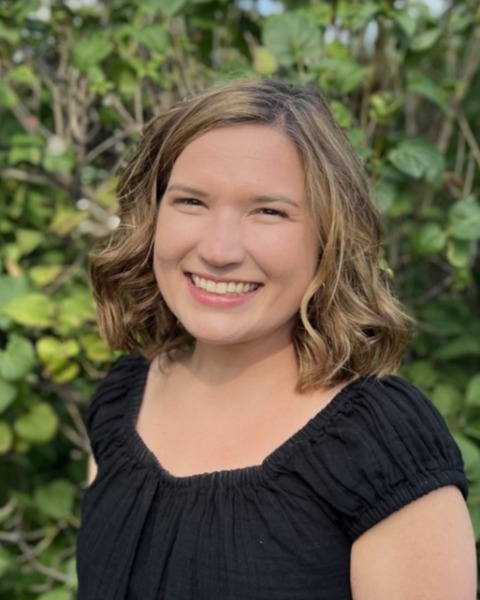
Sarah Filec, MPH
Research Project Coordinator
General Internal Medicine
Feinberg School of Medicine, Northwestern University
Chicago, Illinois, United States
Chair(s)
Individual Symposium Abstract First Author(s)
Health equity, the absence of unfair and avoidable differences in health among social groups, has garnered mainstream attention due to recent civil unrest in communities, yet remains an elusive goal for aging health researchers. Community-engaged research is one approach to improve older adult health equity. Community-engaged research involves partnerships between researchers and community organizations, community health centers, and community members to pursue a common goal. To shift the traditional paradigm of investigator-led and -implemented research, community-engaged principles emphasize the co-production and ownership of knowledge. While community-engaged research has a successful track record in facilitating health disparities research, far fewer partnerships have been formed to 1) elevate the voices of older adults and 2) investigate and act on root causes of health disparities in older adults. To advance the practice of community-engaged research focused on older adult health, this symposium presents five community-academic partnerships elevating older adult voices from diverse groups and health conditions while simultaneously describing engagement strategies across the research process. First, Grant outlines processes for leveraging community representatives as partners in developing multilevel interventions for older cancer survivors. Second, Filec describes a multi-year community-engaged research journey that culminated with a study investigating the health impacts of a home repair program. Third, Singh details a user-centered design approach through a community advisory board to develop a telehealth navigation tool. Fourth, Lewis-Thames describes a community-based qualitative assessment capturing telehealth utilization among rural older cancer survivors. Lastly, Oladejo presents the community-driven development of a culturally-tailored dementia caregiving program for Black caregivers.
This is a Community-Engaged Research Interest Group Sponsored Symposium.
Learning Objectives:
- Discuss strategies for developing and fostering community-engaged research partnerships aimed to advance older adult health equity.
- Appreciate the benefits and challenges of centering older adult voices in the research process.
Presentations:
-
4:30 PM - 6:00 PM ETTelehealth Utilization by Rural Older Cancer Survivors: A Community-Based Qualitative Assessment
-
4:30 PM - 6:00 PM ETLeveraging the Community as Partners to Advance Cancer Research in Socially Diverse Older Adult Populations
Individual Symposium Abstract First Author: Shakira J. Grant, MBBS, MSCR (she/her/hers) – United States Congress
-
4:30 PM - 6:00 PM ETUsing a Community Advisory Board to Develop a Telehealth Concierge for Rural Older Cancer Survivors
Individual Symposium Abstract First Author: Revika Singh, BA, MD/MPH Candidate (she/her/hers) – Northwestern University
-
4:30 PM - 6:00 PM ETIt's a Family Affair: Addressing the Needs of Black Dementia Caregivers Through Community-Based Research
Individual Symposium Abstract First Author: Dianne Oladejo, n/a (she/her/hers) – Northwestern University
-
4:30 PM - 6:00 PM ETA Community-Engaged Research Journey: Using Home Repairs to Promote Health Equity Among Older Adults
Individual Symposium Abstract First Author: Sarah Filec, MPH – Feinberg School of Medicine, Northwestern University
